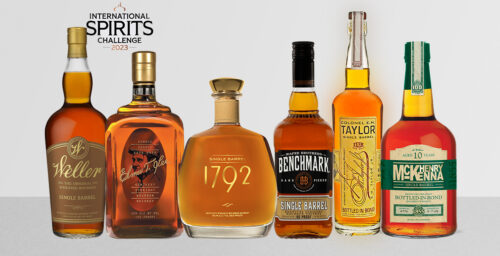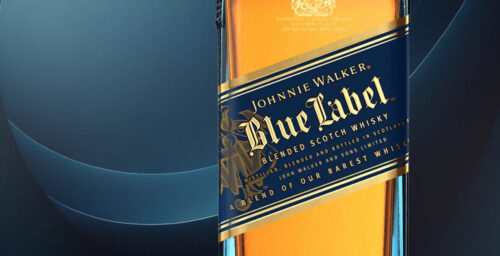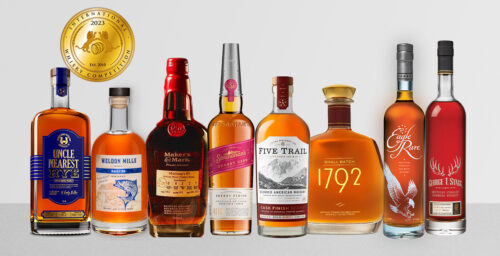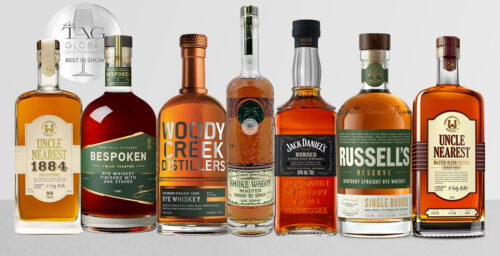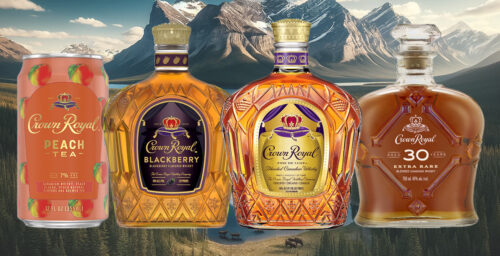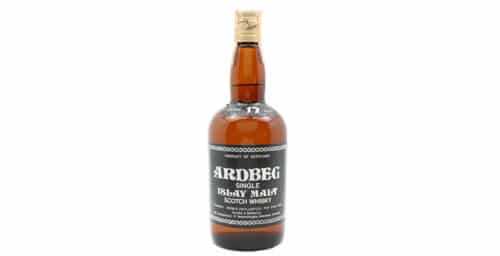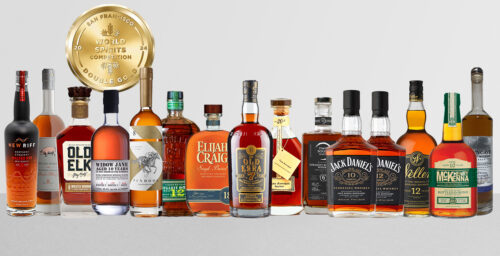“There’s no whiskey in mini bottles of Fireball, so customers are suing for fraud,” reads the headline on the website for National Public Radio. Yes, even NPR is weighing in on the class action lawsuit involving Sazerac’s treasured money tree known as Fireball.
NPR explains it like this: “Consumers are suing Sazerac Company, Inc., the makers of Fireball whiskey, for fraud and misrepresentation, as the mini bottles of the alcoholic beverage don’t actually contain whiskey. The smaller bottles, named Fireball Cinnamon, are made from a blend of malt beverage and wine, while the whiskey-based products are called Fireball Cinnamon Whisky, according to the company website.”
These lawsuits happen from time to time, with similar fact patterns. To say “consumers are suing” is a euphemism for “lawyers see an opportunity to make some money.” These suits typically fail if the producer has complied with all legal requirements.
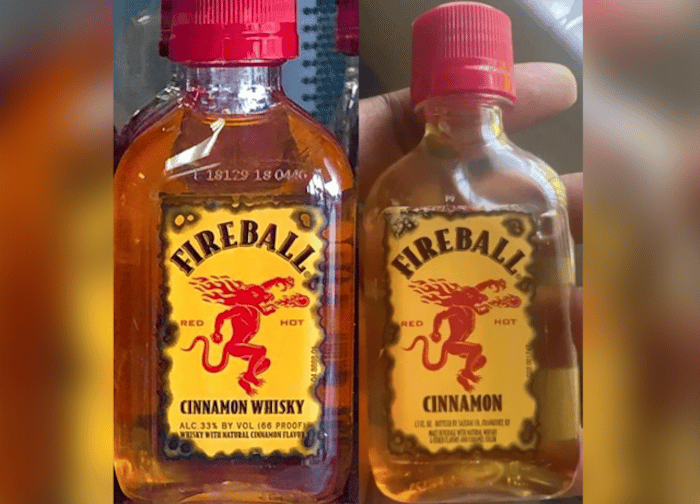
The wrinkle in this case seems to be use of the term ‘whisky flavor’ in the description of the non-whisky version.
These cases generate a lot of publicity and Fireball is a product for which there is no such thing as bad publicity.
Is the consumer misled? Plaintiffs argue that consumers intend to buy whiskey. Do they? Or is ethanol what they intend to buy and ingest? Both versions contain ethanol. Both get you buzzed.
And neither is whiskey.
The distilled spirit product gets its alcohol from a base of Canadian whisky, which by style has very mild whiskey flavor. Cover that up with sugar, cinnamon, and other added flavors, and you’re not drinking whiskey.
Clearly, many people like these products. There always is a market for sweet drinks. Many so-called ‘flavored whiskeys’ are liqueurs with vodka (i.e., neutral spirit) as a base. Even products like Jack Daniel’s Honey probably contain more vodka (i.e., grain neutral spirit) than they do whiskey. If you see the word ‘liqueur’ in the product description, that’s a tip-off. (Another Fireball variation had liqueur as a base.) Even if a liqueur contains whiskey, it is likely getting most of its alcohol from neutral spirit. Fireball is ‘whisky with natural cinnamon flavor,’ but its Canadian whisky base is nearly flavorless. Most of the spirit in Canadian whisky is distilled almost to neutrality and aged in used cooperage.
There are many fine Canadian whiskies on the market, whiskies that taste like whisky. But because it is so mild and doesn’t cost much more to make than vodka, bulk Canadian whisky is often the base for flavored whiskey products. Sazerac also exploits the designation ‘spirit whiskey,’ another nearly-neutral distillate it uses as the base for Southern Comfort, another sugary concoction.
These products are cheap to make. Most of the expense is in marketing. Sazerac has been spending billions on acquisitions and expansion. The success of Fireball is funding a lot of it.
What does whiskey have to do with it? Nothing. Drink these products if you want, really. It’s your mouth. Just don’t tell yourself you’re drinking whiskey. It’s kind of great that whiskey is so popular right now that everybody wants to slap that word ‘whiskey’ on their label. Kind of great, kind of not.
But drink them if you want, it’s fine. It just has nothing whatsoever to do with with whiskey. Whiskey should taste like whiskey, not like peanut butter. Whatever Fireball and its kin may or may not contain, they do not taste like whiskey. The legal definition of ‘whisky’ requires that “the distillate possesses the taste, aroma, and characteristics generally attributed to whisky.”
In these products, whiskey contributes nothing to the drink except ethanol. Ethanol is made by fermenting sugary water, which can come from cereal grains like corn and barley, fruit like grapes and apples, the sap of maple trees, the honey of bees, or squeezings of sorghum or sugar cane stalks (e.g., White Claw). The fermented liquid can be distilled or not. In the end it’s all ethanol in one form or another.
The main thing whiskey contributes to most of these products is the word ‘whiskey.’ Apparently, the word ‘Fireball’ works just as well.

